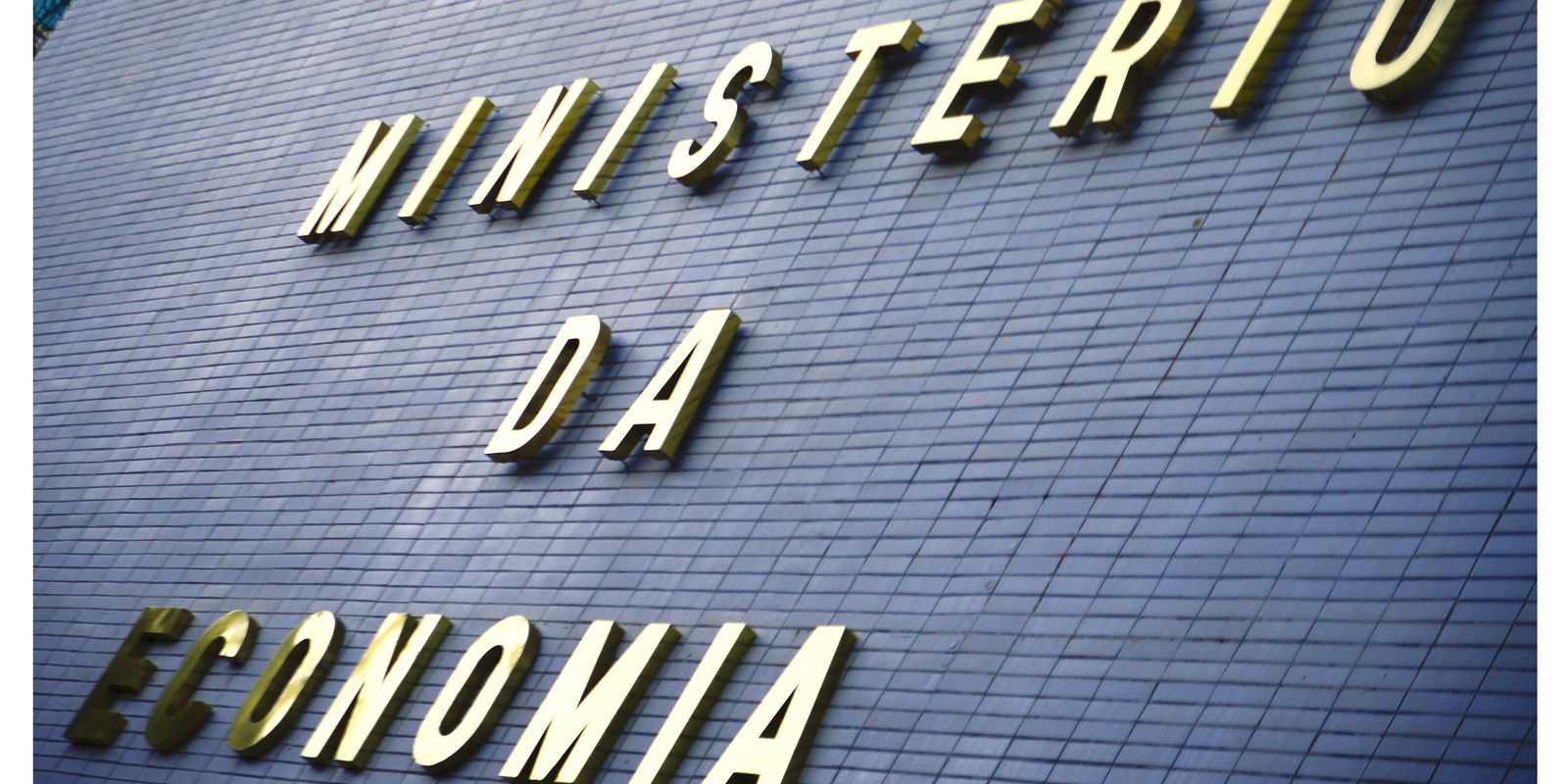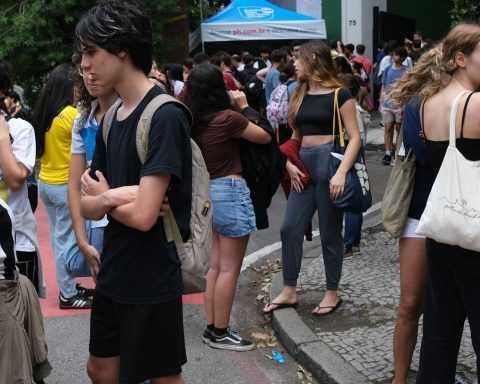The growth in revenue and the reduction in spending related to the covid-19 pandemic made the primary deficit close 2021 at the lowest level since 2014, announced today (28) the National Treasury. Last year, the Central Government – National Treasury, Social Security and Central Bank – registered a negative primary result of R$ 35.073 billion.
In December, the Special Secretariat for the Treasury and Budget had announced that the primary deficit projection for 2021 was R$89.823 billion. The result was also better than market forecasts. According to the Prisma Fiscal survey, released every month by the Ministry of Economy with financial institutions, market analysts predicted a primary deficit of R$83 billion for last year.
The primary result represents the negative result of government accounts, disregarding the payment of interest on the public debt. In December alone, the Central Government had a primary surplus of R$13.824 billion, the best for the month since 2013, when it had reached R$14.397 billion.
The primary result in December was better than projected by financial institutions. Market analysts estimated a deficit of R$14.4 billion last month, according to Prisma Fiscal.
In 2020, the Central Government had registered a record primary deficit of BRL 743.255 billion. The negative result was due to extra expenses with the fight against the covid-19 pandemic, which totaled R$ 520.9 billion in the previous year. In 2021, spending on extraordinary credits fell by R$366.5 billion; expenditure on aid to states and municipalities, R$ 89.4 billion; and spending on subsidies and subsidies, R$ 16.3 billion compared to the previous year. According to the Ministry of Economy, all these expenses were related to fighting the pandemic.
Since 2014, the Central Government has had negative results. For 2022, the General Budget of the Union predicts that the primary deficit will reach R$ 79.3 billion. The increase in the deficit stems from the constitutional amendment that changed the formula for calculating the expenditure ceiling and opened space for the government to implement Auxílio Brasil, an income transfer program that replaced Bolsa Família.
income and expenses
The main factor for the improvement in the fiscal result in 2021, however, was the growth in collection, which broke a record
Without spending on the pandemic, Central Government expenses totaled R$ 1.614 trillion in 2021, with a drop of 23.6% discounted the IPCA. The value was lower than the amount of R$ 1.656 trillion provided by the Ministry of Economy in December. Part of this is due to the deferral of spending to 2021, which will be executed earlier this year as unpaid balances.
Social Security benefits totaled R$709.58 billion, down 1.3% after discounting inflation. Last year, the Social Security deficit stood at R$ 247.338 billion, with a decline of 11.7% compared to 2020, also considering inflation. The value was slightly lower than the estimate of a negative result of R$ 248.23 billion presented by the economic team in December. Part of the deficit decrease is due to the pension reform, which increased contributions and reduced spending in the medium term. Another part was due to the recovery of the labor market in 2021, with more people formally contributing to the National Institute of Social Security (INSS).
Spending on public service also fell, totaling R$ 329.35 billion, with a 5.4% decline, discounted by IPCA inflation. The drop is due to the wage freeze for civil servants, which ran from June 2020 until the end of last year.
Costing and investment
Current expenses (maintenance of the public machine) totaled R$ 397.58 billion in 2021, with a decrease of 48.6% compared to the previous year, discounting inflation. Investments (public works and purchases of equipment) also dropped and totaled R$ 56.83 billion, a drop of 50.6%, discounting the IPCA by the same comparison. The drop, however, is due to pandemic-related spending. The amount is slightly higher than in 2019, when the government invested BRL 56.59 billion.
A total of BRL 16.4 billion of discretionary (non-mandatory) spending was not executed in 2021 due to stagnation in several ministries. Due to the rigidity established by the legislation, various types of expenses remain linked to certain actions and cannot be reallocated, even if there is no prospect of execution in the year.
Spending ceiling
In a note, the National Treasury recommended the approval of reforms that reduce mandatory government spending and the preservation of the spending ceiling, a mechanism that limits expenditure growth to inflation for up to 20 years, as a fiscal anchor. According to the agency, despite the record collection and the drop in spending with the pandemic, the spending ceiling contributed to the reduction of the primary deficit.
“Were it not for this rule [teto de gastos]the Central Government result could, theoretically, be almost 10 times lower, since the primary result target for the year, with all the foreseen compensations, allowed a deficit of more than R$ 330 billion”, highlighted the Treasury.














